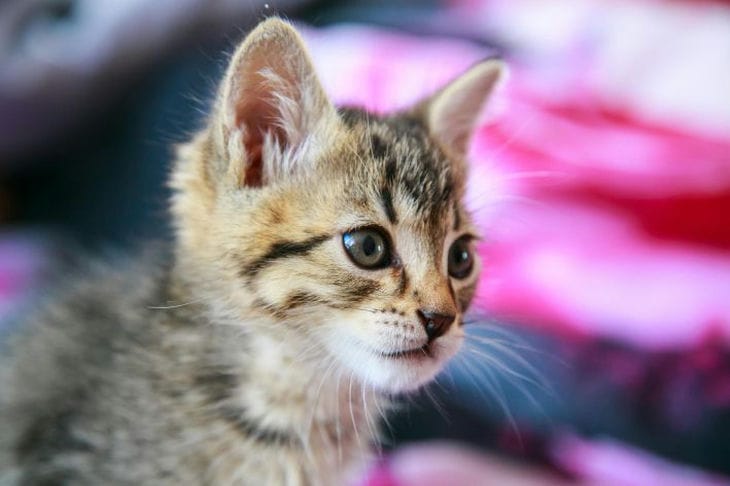Many cat owners wonder about the safety and benefits of dairy products for their pets.
Cottage cheese and sour cream often seem like healthy and tasty treats for cats, but is this really true? The opinions of veterinarians and nutritionists on this issue may surprise you.
Dairy products in the diet of cats
Historically, cats have been thought to be milk lovers.

However, modern research shows that the body of adult cats is poorly adapted to digesting lactose – milk sugar.
After weaning, most cats lose the ability to produce the enzyme lactase, which is needed to break down lactose.
Cottage cheese: benefits and risks
Cottage cheese is considered one of the least dangerous dairy products for cats. During the production process, most of the lactose is removed, making it easier to digest.
In addition, cottage cheese is rich in protein and calcium, which are important for the health of cats. However, even cottage cheese should be given with caution and in small quantities.
Sour cream: delicious, but dangerous
Sour cream contains significantly more lactose and fat than cottage cheese. These components can cause digestive upset in cats, including diarrhea, vomiting, and bloating.
In addition, the high calorie content of sour cream can lead to obesity if consumed regularly.
Individual tolerance
It is important to remember that every cat is unique. Some pets can easily tolerate small amounts of dairy products, while others have severe intolerance.
Owners are advised to carefully monitor their pet's reaction after eating cottage cheese or sour cream.
Alternatives to Dairy Products
For cats who love the taste of dairy products, there are special alternatives. In pet stores, you can find cat milk with reduced lactose content or completely lactose-free.
These products are designed with the digestive needs of cats in mind and are a safer alternative to conventional dairy products.
Feeding recommendations
If the owner decides to give his cat cottage cheese or sour cream, several rules should be followed. The products should be fresh and high-quality, without additives and preservatives.
You should start with very small portions, gradually increasing them and observing the pet's reaction. Dairy products should make up no more than 10% of the cat's total diet.
Signs of intolerance
Owners should be alert to signs of dairy intolerance in their pets.
These include diarrhea, vomiting, bloating, refusal to eat, lethargy. If these symptoms appear after eating cottage cheese or sour cream, you should immediately stop giving them and contact a veterinarian.
Balanced diet
While dairy products may be attractive to cats, it is important to remember that they are not a necessary part of their diet.
A healthy adult cat needs a balanced diet rich in animal proteins and fats.
Modern commercial cat foods are formulated to meet all of your cat's nutritional needs and are the safest choice for daily feeding.








